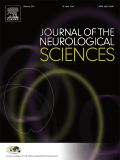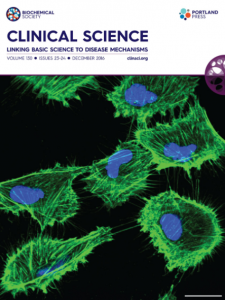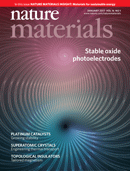 Psychiatry journals have retracted two papers evaluating a schizophrenia drug after a university in Japan flagged issues, such as a lack of written informed consent.
Psychiatry journals have retracted two papers evaluating a schizophrenia drug after a university in Japan flagged issues, such as a lack of written informed consent.
The papers—published in Human Psychopharmacology: Clinical & Experimental in 2012 and Psychiatry and Clinical Neurosciences in 2014—examined the safety and effectiveness of an antipsychotic drug in patients with schizophrenia.
According to the retraction notice in Psychiatry and Clinical Neurosciences, the ethics committee at St. Marianna University School of Medicine in Kawasaki found that “the trial included subjects who did not satisfy inclusion criteria.” For instance, not all patients provided written informed consent. But the university found no evidence for data falsification or fabrication.
A spokesperson for Human Psychopharmacology told us: Continue reading Uni dings schizophrenia studies for problems with informed consent, other flaws

 The Japanese Society of Anesthesiologists has permanently banned a co-author of notorious fraudster
The Japanese Society of Anesthesiologists has permanently banned a co-author of notorious fraudster  Could a scientific paper ever be considered an advertisement?
Could a scientific paper ever be considered an advertisement?

 Two countries have recently announced plans to learn more about research misconduct, with the goal of preventing it from happening in the first place.
Two countries have recently announced plans to learn more about research misconduct, with the goal of preventing it from happening in the first place.

